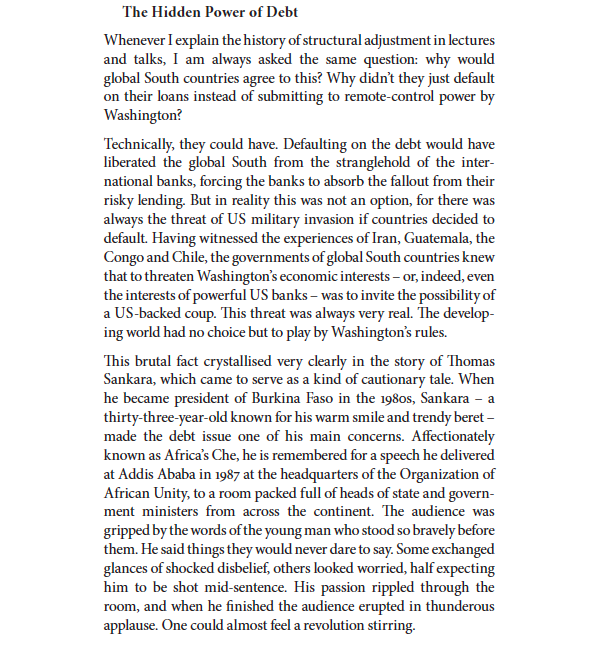
"We cannot reverse ecological breakdown while at the same time pursuing growth; but we *can* reverse ecological breakdown while at the same time ensuring flourishing lives for all. That’s the story we need to be telling. That is where hope lies." jasonhickel.org/blog/2020/10/1…
"We need a Green New Deal, yes. But if we want our GND to be technologically feasible, ecologically coherent, and socially just, it needs to be a GND without growth. It needs to be a GND that actively scales down excess resource and energy use, in a safe, just and equitable way."
"Progressives have been pulled into a debate about whether a GND will be good or bad for growth. This is exactly the wrong question to ask. The real question is: do we need growth in the first place? And the answer to that is no."
"We cannot let ourselves be dragged into framing our aspirations for a better world in the language of growth, for it immediately traps us within the logic of capital; and on that terrain we will lose. We need to be smarter than that."
I have tremendous respect for Pollin and Chomsky. Both have influenced my thinking a great deal. But on this specific point they are incorrect. We need to be building bridges between GND and degrowth scholarship, not creating islands.
• • •
Missing some Tweet in this thread? You can try to
force a refresh






